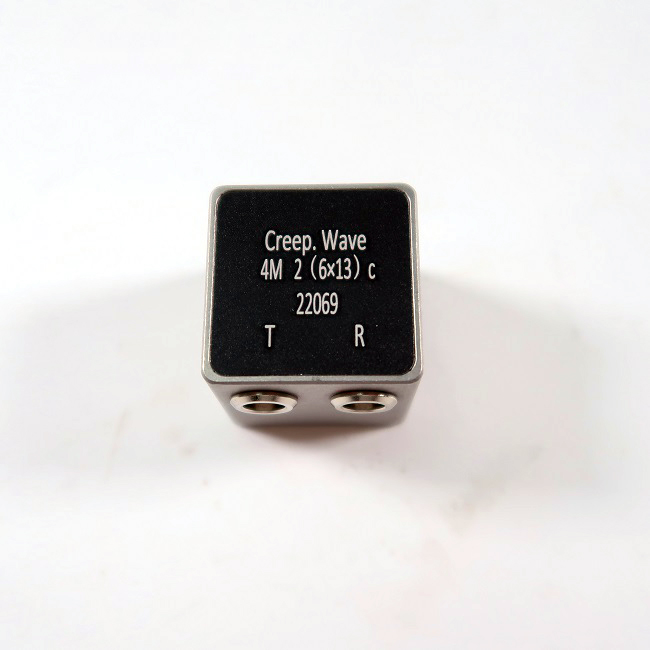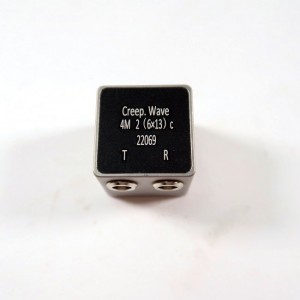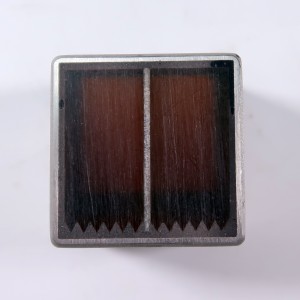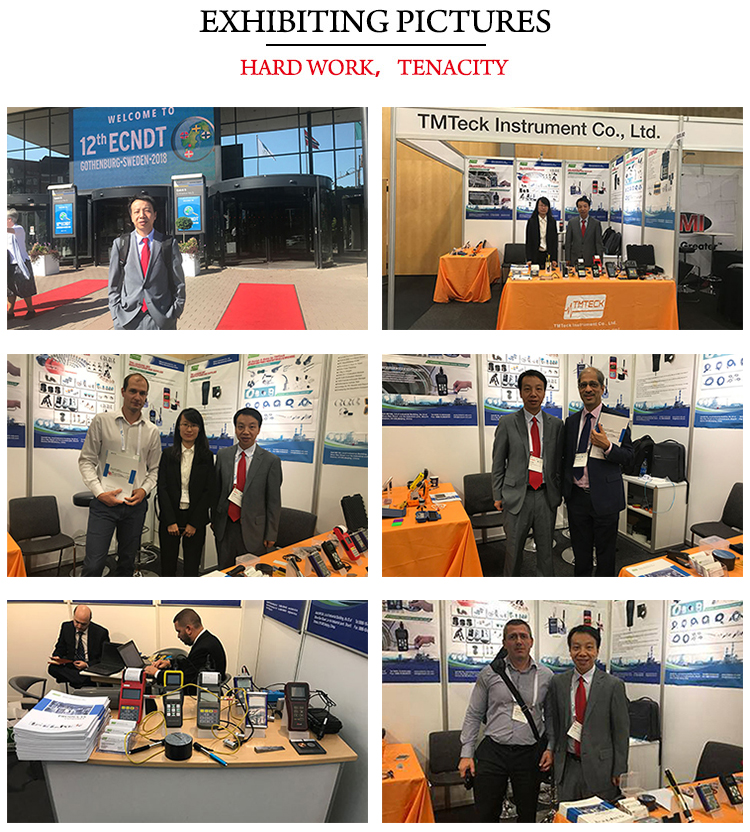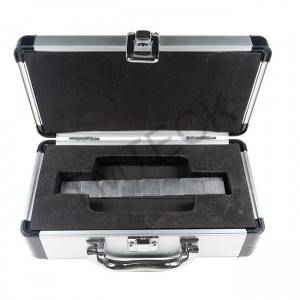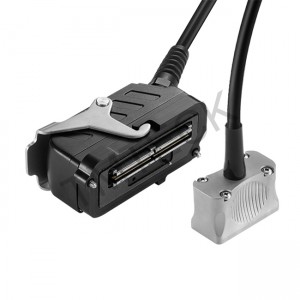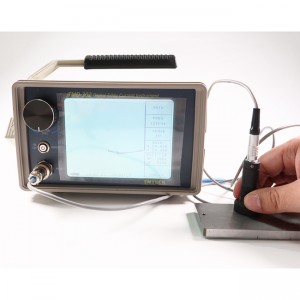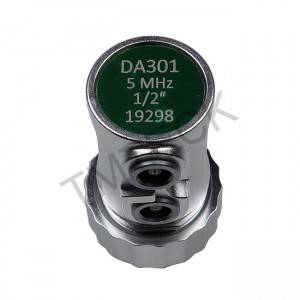2 MHz Ultrasonic Transducer Probe High Angle Creep Ultrasonic Longitudinal Waves

Creep Waves are high angle ultrasonic longitudinal waves. The creeping wave is actually the upper part of the envelope of a 76 degree compression wave beam which propagates just under the component surface, see Figure. These are not true surface waves and the energy is concentrated within a few millimetres of, and almost parallel to, the surface. Hence, the technique is very sensitive to shallow surface-breaking cracks whilst at the same time being relatively insensitive to surface condition.

The maximum working range is typically 45 mm in front of the probe because
the creep wave rapidly loses energy in the form of 33º indirect shear, or &39;head&39;, waves as it propagates. However, these head waves will
re-convert to a creep wave at the inner surface of the component. Like the top
surface creep wave, this inner surface creep wave is very sensitive to inner
surface breaking cracks and as it runs parallel to the inner surface it will not be sensitive to the presence of weld roots.
Creep waves have the advantage that, being longitudinal waves, they are far
less attenuated in austenitic and inconel weld metal than shear waves.

|
P/N |
Frequency Mhz |
CRYSTAL SIZE mm |
Connector |
Dimension AxBxCxD |
|
2P6X10 76L |
2 |
6×10 |
Lemo00 |
13x13x22x2 |
|
2P6X10 86L |
2 |
6×10 |
Lemo00 |
13x13x22x2 |
|
2P10X15 76L |
2 |
10×15 |
Lemo00 |
18x23x28x3 |
|
2P10X15 86L |
2 |
10×15 |
Lemo00 |
18x23x28x3
|

